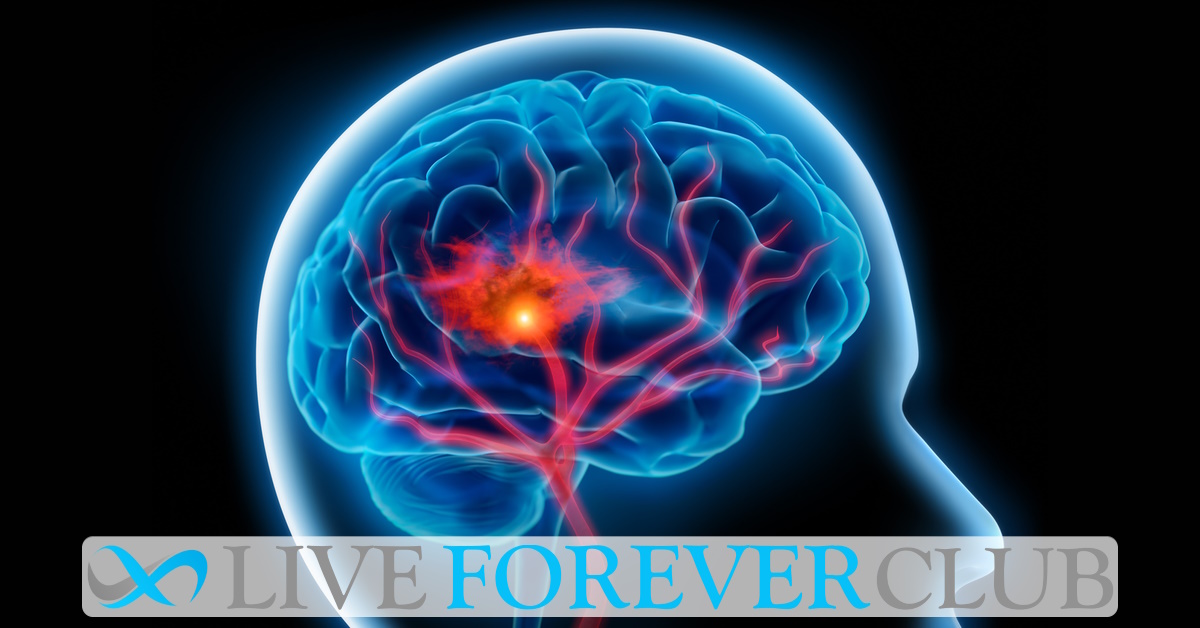Key points from article :
A US study has linked problems with falling asleep, staying asleep, or waking up early to a higher risk of stroke.
Those with self-reported insomnia symptoms were found to have a 16% increased risk of stroke, compared to those without these symptoms.
The risk was found to be more significant in participants under 50 years old, with those showing five to eight symptoms having almost four times the stroke risk.
The study, involving more than 31,000 participants and conducted over nine years, suggests that therapies aimed at improving sleep quality could reduce stroke risk.
During the study, there were 2,101 cases of stroke: 1,300 with one to four symptoms, 436 with five to eight symptoms, and 365 with no symptoms.
Participants aged 50 or older with the same number of symptoms had a 38% increased risk of stroke. The risk was greater for those with diabetes, high blood pressure, heart disease, and depression.
The researchers suggested that addressing insomnia symptoms at a younger age could be an effective strategy for stroke prevention.
Study by Virginia Commonwealth University published in Neurology.







